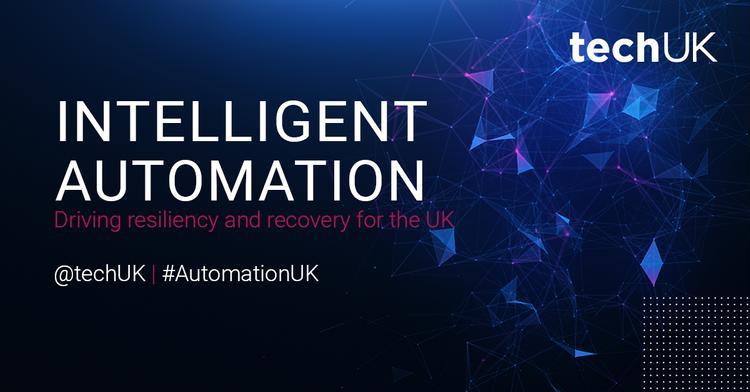Intelligent Automation: 3 challenges and how to overcome them

Mastek has worked with the UK Public Sector to create Intelligent Automation solutions that reduce the administrative burden, drive cost savings and unify IT and business goals.
A core part of our clients’ success is to overcome organisational silos, involve all stakeholders throughout and ensure cultural change to bring together multiple functions to kick-start automation, scale it and align outcomes to business KPIs. This allows them to yield the greatest benefit whilst introducing sustainable and well-paced change.
Generally, automation challenges arise in addressing end to end processes which cut across organisation boundaries. These include:
- The realisation that people worry about the impact of intelligent automation on their existing roles and responsibilities;
- A need to prevent silos by taking a whole enterprise approach with structured process assessments and all stakeholders involved; and
- The introduction of in-house expertise using agile style delivery.
Challenge 1: Make your workforce feel valued
Any bot, by its nature, interacts with its environment, affecting those involved, altering perceptions and modifying existing roles. In order to integrate new technology harmoniously with your people, they must be fully engaged and brought on board as early as possible. Intelligent Automation is known to increase people engagement by allowing your people to focus on higher value creative tasks that, in turn, drive increased value—but it needs to be well implemented and carefully explained.
Challenge 2: Manage expectations for scaling
It is essential to involve all stakeholders from the outset to prevent a lack of focus and unclear goals. Define and agree use cases and user stories with all stakeholders. With Intelligent Automation, implementation at velocity is key to increased adoption—Agile delivers solutions in days, making time for backlogs to be cleared and bringing forward high priority use cases.
Challenge 3: Creating in-house expertise
Teams unfamiliar with Intelligent Automation need to be able to build their knowledge incrementally, so that the implementation journey maps onto their learning curve—start with simple use cases and ultimately move to high complexity and rigorous execution. Processes need to be identified and optimised. Grappling with complex use cases early in adoption can cause frustration, increase costs and limit rollout.
In my experience, automation does not take away our ability to create or influence how work is done—instead, when coupled with careful planning and strategy, it helps to make business goals a reality and transforms people’s roles; keeping them engaged.
You can read all insights from techUK's Intelligent Automation Week here

Laura Foster
Laura is techUK’s Associate Director for Technology and Innovation.







